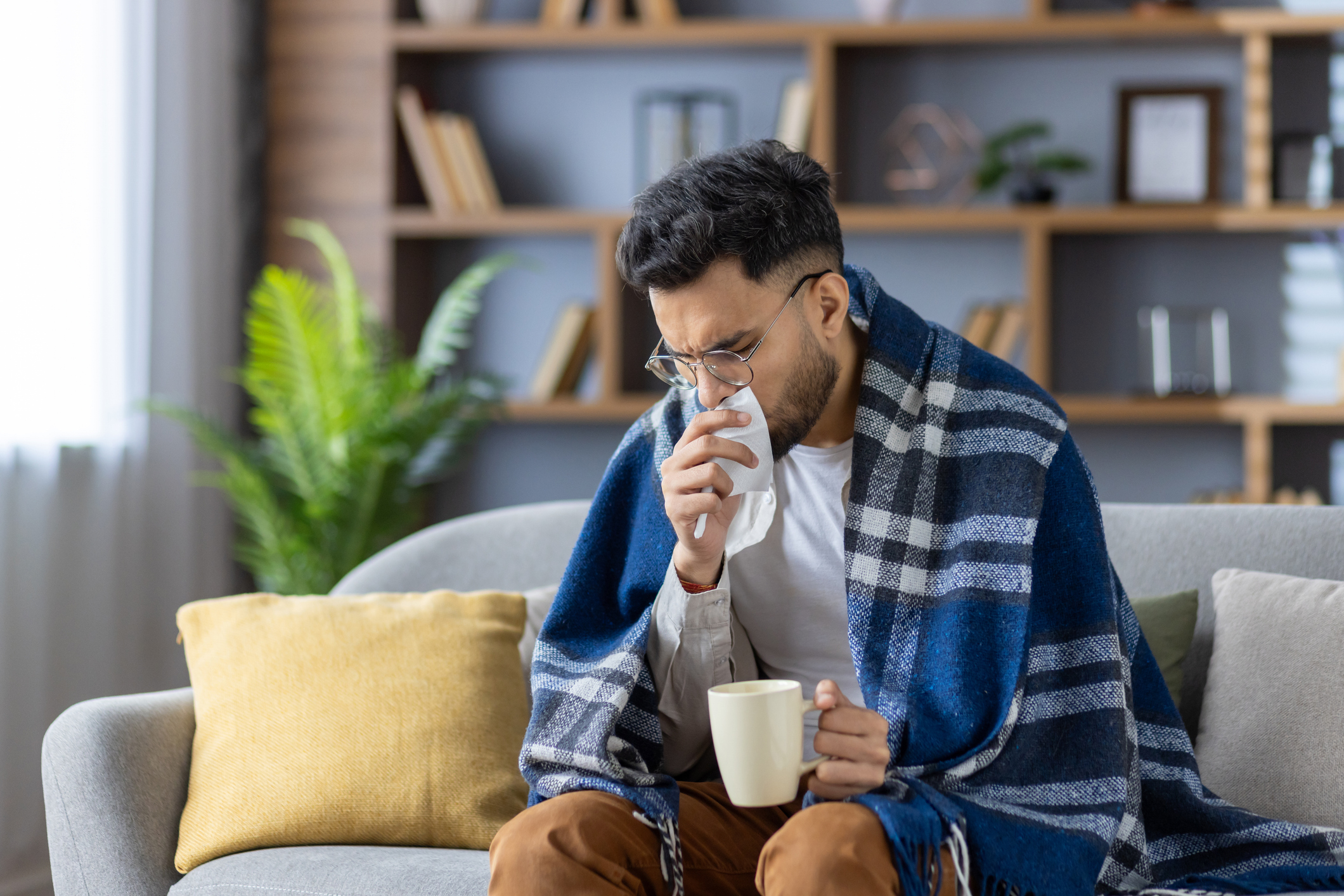You may feel like a sunburn is permanently attached to your list of summer activities—family vacations, beach days, pool parties, camping trips, grill-outs, and sunburns. It’s all part of the fun! But did you know that every sunburn can cause serious damage to your skin over the course of your life? In fact, if you have had at least five sunburns, your risk for melanoma (skin cancer) doubles. Sunburns also put you at risk for early signs of aging and immediately cause irritation and discomfort. A sunburn does not have to be a normal part of your summer. As you better understand why sunburns are so dangerous, learn what you can do to prevent them.
How Do You Get a Sunburn?
Sunburns occur because of exposure to UVA and UVB rays from the sun. When you are out in the sun for an extended period, these ultraviolet rays penetrate your skin. You see the direct effect of this when your skin turns bright red. You don’t see how the UV rays internally alter your skin cells’ DNA. This leads to premature aging and various forms of skin cancer—some of which can be deadly. The sun affects every person differently and men and women with fair skin, light eyes, and red or light-colored hair are more prone to sunburns. People living in (or visiting) an area near the equator are also exposed to the sun at a greater intensity than those who are further away from the equator. If you know you are more sensitive to sunlight, it’s important to learn how to prevent sunburn.
Tips for Preventing Sunburns
You know that sticking your hand directly into a pot of boiling water will burn your skin; but, that doesn’t mean you never cook pasta. Instead, you use precautions to avoid an unnecessary burn. The same is true for sunburns. Direct exposure to the sun over a period causes your skin to burn, but that doesn’t mean you can’t ever be in the sun. If you’re at the pool or the beach, wear a wide-brimmed hat to protect your face. Find a shady area or sit under an umbrella between the hours of 10 am and 4 pm when the sunlight is most severe. Make sure that you wear sunscreen anytime you will be outdoors—even if it’s overcast. Your sunscreen should have a minimum SPF of 30 and should be reapplied every two hours. It’s best to apply sunscreen 30 minutes before you go outside for the best protection.
Treating Sunburns
If you do get a sunburn, there are several ways you can treat it. Dipping into the pool or using a cold compress will help relieve the burning sensation. If you do get into the water, however, limit your time and avoid more sun exposure. A cool shower or bath will also provide relief. Use a moisturizing lotion to keep your skin moist and prevent excess drying. Aloe Vera lotion or gel will also add moisture to your skin while aiding the burn. You can also take NSAIDs (non-steroidal anti-inflammatory drugs) like ibuprofen or aspirin that will prevent inflammation and reduce discomfort. When your skin is burned, extra fluids are drawn to the skin rather than other parts of the body, so make sure you are drinking plenty of water and staying hydrated. The overall best thing you can do when you have a sunburn is to stay out of the sun. Wear long, loose clothing that will cover your skin if you need to go outside, but avoiding sunlight until your skin is healed will protect you from a more severe burn or blistering. If you do have a severe burn or notice your skin has blisters, or if you have a fever and chills along with your sunburn, seek medical attention. At Integrity Urgent Care, we have three convenient locations with experienced staff who can effectively treat your sunburn. Walk-ins are welcome! But if you have any questions, you can contact an Integrity Urgent Care location near you.



